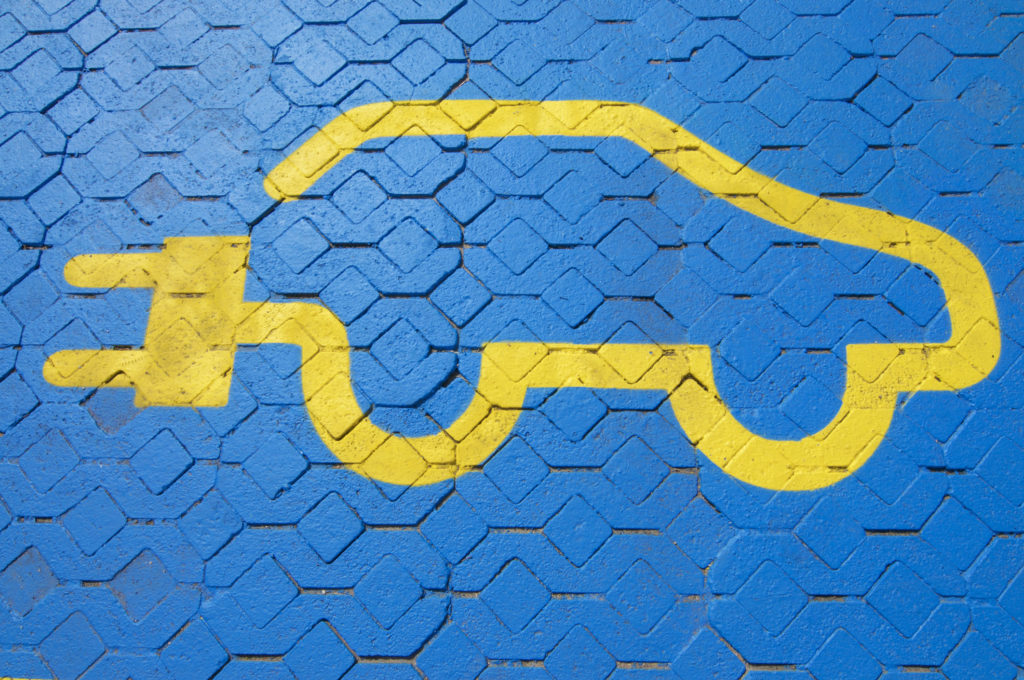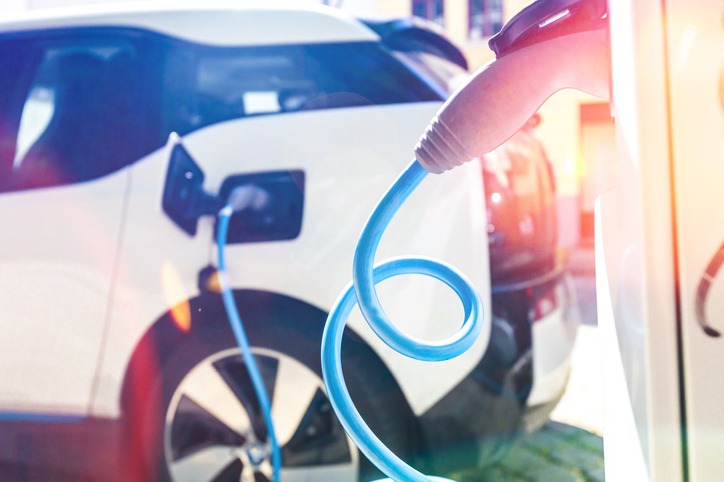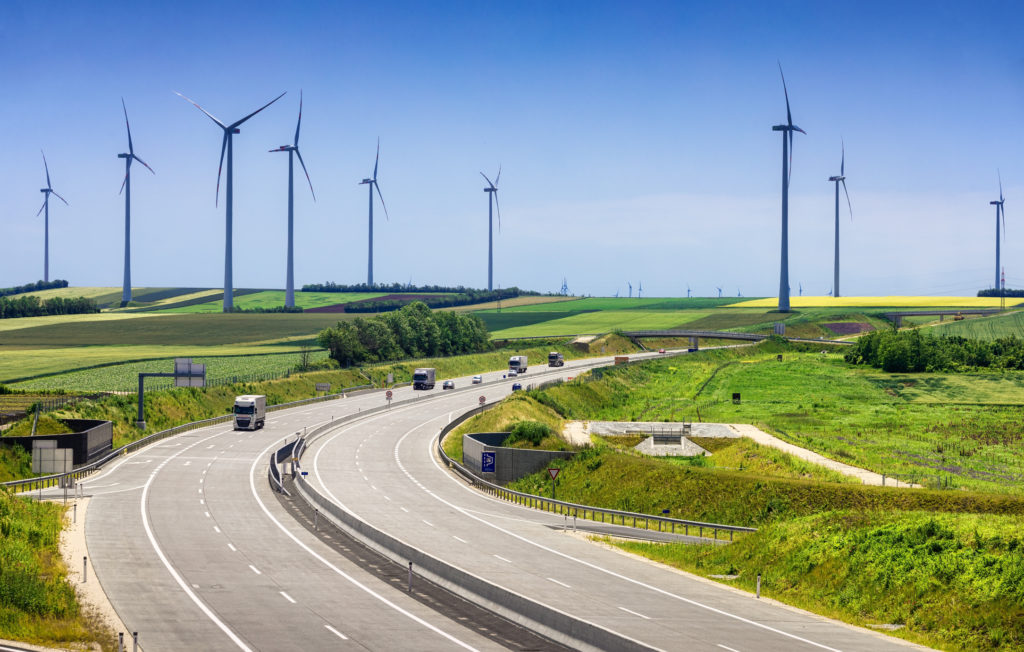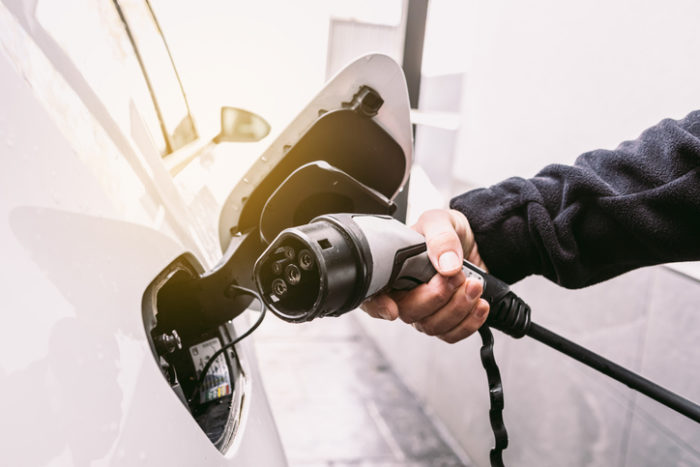Switzerland enhances EV measures with electromobility roadmap
20 May 2022

Switzerland will extend a package of measures intended to boost the country’s transition to electric vehicles (EVs). The so-called electromobility roadmap sets out clear goals to help increase uptake of low- and zero-emission technologies.
These targets include raising the share of EVs, including plug-in hybrids, to make up 50% of new-car registrations by 2025. In the first quarter of this year, newly-registered EVs in Switzerland reached a market share of 25.5%, with the electromobility roadmap now aiming to double this figure in the coming three years.
The package of measures, initiated by the Swiss Federal Office of Energy, also wants to increase the number of public charging points to 20,000 by the middle of the decade. This is a significant increase from the 7,150 EV-charging locations the country operated at the beginning of the year.
Another goal is making the overall charging infrastructure more user-and grid-friendly by offering convenient charging opportunities at both public and private spaces, including at home and at work.
Electromobility push
The electromobility roadmap was first rolled out in 2018, with the new measures finding support among high-ranking representatives from the automotive, electricity, real-estate, and vehicle-fleet industries. The government, as well as municipalities and cantons, are also backing the extension of the plans.
‘The new goals for 2025 were jointly developed in several workshops, a top-level meeting, and a written consultation with the roadmap stakeholders. In addition, the existing roadmap participants and other interested parties were invited to adapt their previous measures to the new objectives or submit new measures,’ stated the Swiss Federal Office of Energy in a recent announcement.
The roadmap is not about funding programmes for electric vehicles, instead it focuses on promoting electromobility with coordinated, voluntary measures. The federal government supports individual initiatives, and the project has proven to be a success.
When it was first brought to life in 2018, one of the main goals was to increase the number of EVs on the Swiss new-car market from then 3% to 15% in 2022. The country was able to hit that target in 2021, exceeding expectations as the average figure of newly registered EVs reached 23%.
Electrification and charging
‘The main intention of the initiative was to remove inhibiting factors and to create a favourable environment for the development of electromobility,’ said Alois Freidhof, project manager at the Swiss office of Energy.
This has taken shape in many forms, with initiatives looking at electrifying corporate vehicle fleets, offering EVs in carsharing or rental programmes, ramping up bidirectional charging and making use of renewable energy to power charging points.
Companies supporting the roadmap include Tesla, Siemens, and ABB, the latter of which offers EV-charging solutions from compact AC wallboxes to DC fast-charging stations. A total of 59 organisations are designing the roadmap, with 75 measures that have a clear focus on ramping up charging infrastructure such as in multi-party buildings. Another focal point is the circular economy of EV batteries, with stakeholders eager to increase recycling opportunities and give EV batteries a second life.



